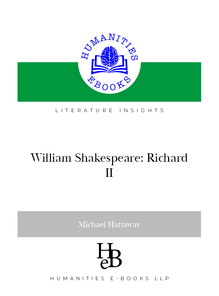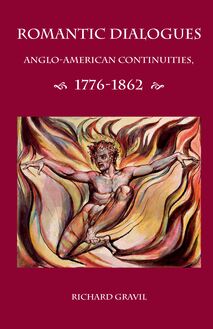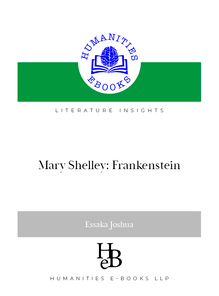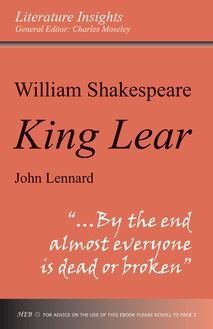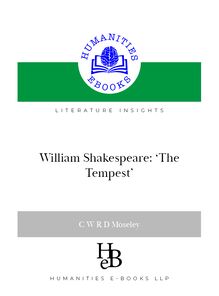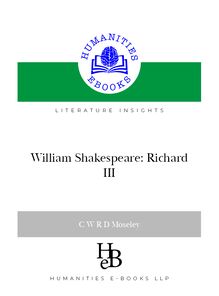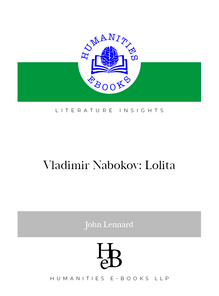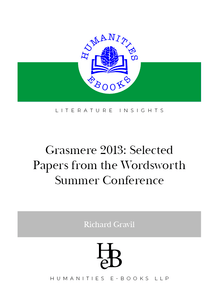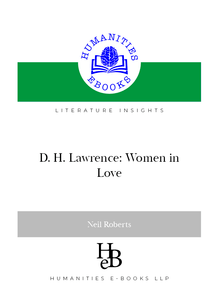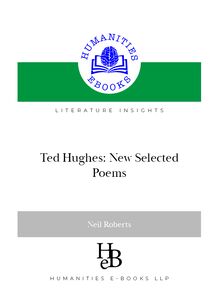Vladimir Nabokov: Lolita , livre ebook
101
pages
English
Ebooks
2021
Obtenez un accès à la bibliothèque pour le consulter en ligne En savoir plus
Découvre YouScribe en t'inscrivant gratuitement
Découvre YouScribe en t'inscrivant gratuitement
101
pages
English
Ebooks
2021
Obtenez un accès à la bibliothèque pour le consulter en ligne En savoir plus
Publié par
Date de parution
11 janvier 2021
Nombre de lectures
13
EAN13
9781847600974
Langue
English
Publié par
Date de parution
11 janvier 2021
Nombre de lectures
13
EAN13
9781847600974
Langue
English

